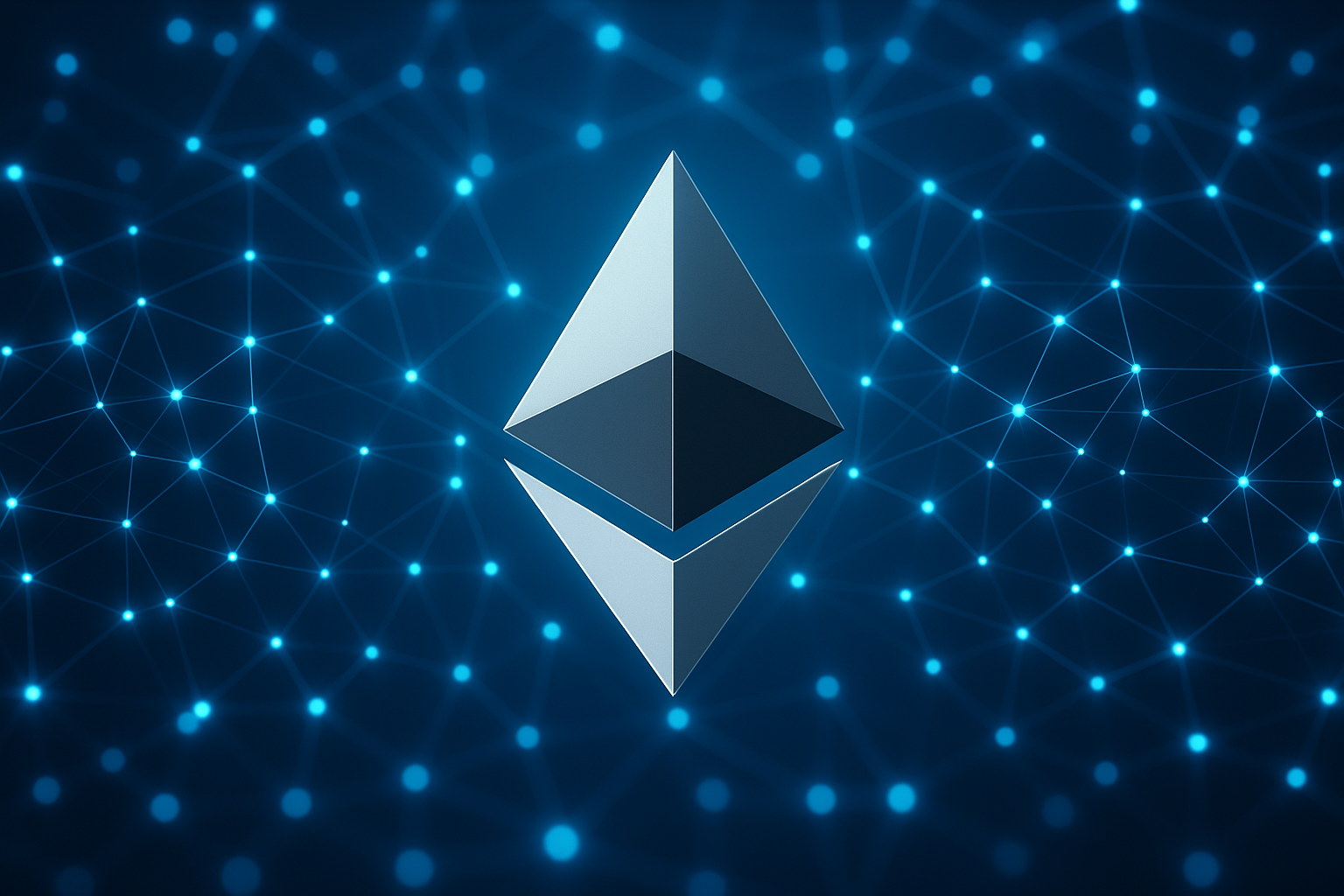ARTICLE AD BOX

- The Ethereum Community Foundation aims to increase the value of ETH to $ 10,000.
- The foundation will allocate funding to projects with specifications in the ETH burn.
Ethereum core developer Zak Cole has launched a bold new initiative, the Ethereum Community Foundation (ECF). The primary task of the foundation is to increase the price of Ether (ETH) to $10,000, and its primary concern is financing infrastructure projects that will further expand the Ethereum ecosystem.
Cole explained the motivation behind establishing the Ethereum Community Foundation at the eighth Ethereum Community Conference in Cannes, France, in terms of what he saw as a failure to appreciate ETH as an appreciating asset by the Ethereum Foundation.
Cole criticized the Ethereum Foundation for concentrating on the technology and protocol behind Ethereum at the expense of the price and the asset’s position in the whole market. He contended that a new organization needed to come in to demand more recognition and valuation of ETH.
The Ethereum Community Foundation focuses on directly financing projects that are in line with the philosophy of furthering the Ethereum ecosystem and propelling the price of ETH. In his speech, Cole stated that the ECF will do what the Ethereum Foundation cannot. “We serve ETH holders because you deserve better,” Cole said.
The foundation’s activities will focus on incentivizing more ETH burn by funding Ethereum-related projects.
Grants and Focus on Ethereum’s Ecosystem
The grant distribution is one of the key initiatives of the Ethereum Community Foundation. These funds will be given to the projects that will help Ethereum grow, with attention to the projects that burn ETH and improve scalability.
The foundation will require any projects that it funds to be settled using Ethereum as the settlement layer, which will automatically cause the burning of ETH as transactions are transacted on the Ethereum mainnet.
The foundation also focuses on immutable tokenless projects, which aligns with the overall vision of the Ethereum infrastructure in the long term. The ECF is betting on such initiatives to make its work relevant to the larger vision of Ethereum decentralization and permanence.
Ethereum Validator Association (EVA) will be the first to obtain an ECF grant. Cole stated that the EVA will be decisive in defining monetary policy in Ethereum by prioritizing Ethereum Improvement Proposals (EIPs) and determining which client priorities are most important.
This is a move towards empowering validators, providing them direct input in the building and shaping of Ethereum.
Cole also criticized the projects currently in existence on Ethereum that have moved away from the original vision of the Ethereum Foundation. He had criticized Uniswap, Ethereum Name Service (ENS), and Optimism, initially sponsored by the Ethereum Foundation, but later issued their own tokens funded via venture capital.
Cole asserts that government-funded projects must be open and work in the interest of the Ethereum community, not be commercialized as a commodity.
Furthermore, Cole indicated a possible conflict of interest in the Ethereum ecosystem. He pointed to Offchain Labs, the group behind Arbitrum, a stakeholder in Prysmatic Labs, the second-largest client of the Ethereum consensus layer.
The potential conflict came to light due to an accusation by Geth lead developer Pere Szilagyi, who alleged that the Ethereum Foundation had covertly funded a second Geth development team.
.png)
 4 months ago
9
4 months ago
9








 English (US)
English (US)